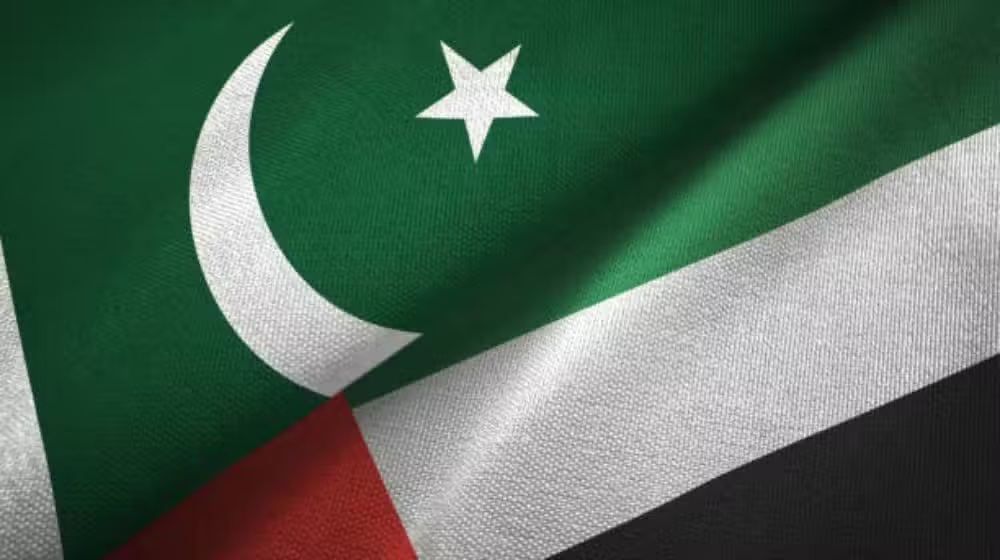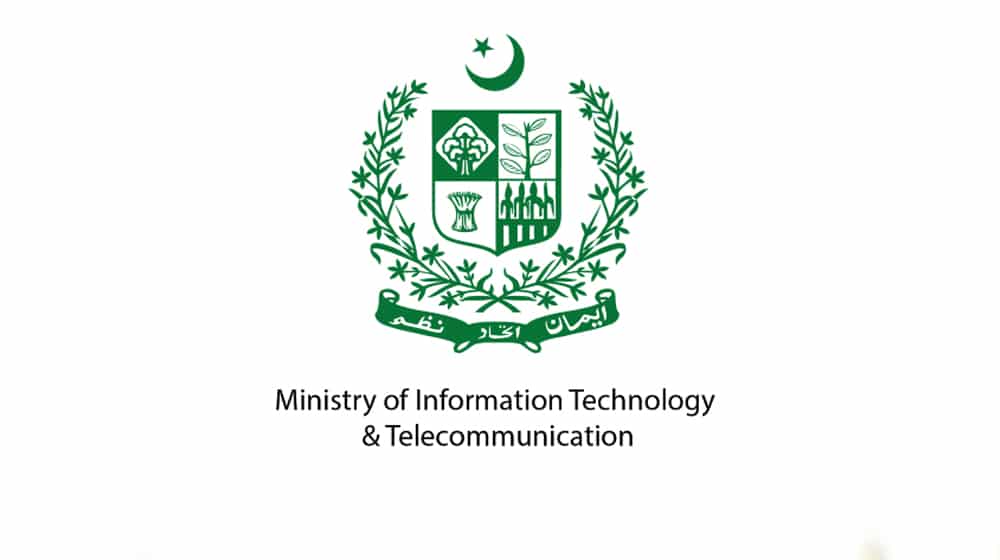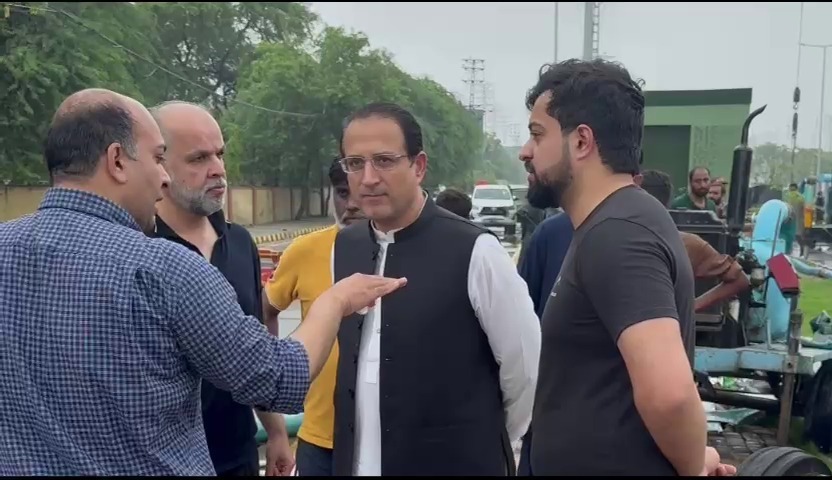Federal Minister for Finance and Revenue Senator Muhammad Aurangzeb held a high-level meeting with a delegation of leading UAE investors and businessmen led by Mohamed Baradei, Group CIO of EIX, an Abu Dhabi-based global investment and advisory firm.
Welcoming the delegation, the minister expressed appreciation for their visit and said he hoped their interactions with government leaders, private sector representatives, and local investors had provided valuable insights into Pakistan’s investment potential.
Economic Outlook and Reforms
Senator Aurangzeb briefed the investors on Pakistan’s economic progress, underscoring that the country’s direction was firmly positive across all macroeconomic indicators. He highlighted:
- Achievement of a primary surplus after many years.
- Return of inflation to single digits.
- Stable currency and robust foreign exchange reserves.
- Positive ratings from international rating agencies.
- Strong performance in exports and remittances.
- Rising investor confidence, reflected in over 70,000 new entrants in the Karachi Stock Exchange.
He noted that the government was committed to taxation reforms, tariff rationalization, and privatization of state-owned enterprises, alongside bold structural measures to transform the economy.
READ MORE: NADRA Fixes Controversial “Self-Death” Option in PakID App After Backlash
Investment Opportunities
The minister outlined opportunities in Pakistan’s mining sector, particularly the Reko Diq project, which is expected to bring substantial foreign inflows. He also shared updates on the upcoming Industrial Policy, aimed at further improving the investment climate, and emphasized tariff reforms along with digital and export promotion policies as key reform areas.
Aurangzeb assured investors that the government was working to broaden the tax base to include services, wholesale, retail, and agriculture sectors, while simultaneously reducing energy and financing costs for businesses.
He also pointed to major privatization efforts, including transactions for PIA and other state-owned assets, as well as plans to tap international markets through Pakistan’s first-ever Panda bond, followed by issuances in Euro and USD markets.
Climate and Sustainability
Highlighting Pakistan’s vulnerability to climate change, the minister stressed the importance of climate adaptation projects, noting that financing from the IMF, World Bank, and ADB would be contingent on bankable and investable projects.
He emphasized that Pakistan’s way forward lies in investment and export-led growth, with foreign investors, particularly from the UAE, playing a crucial role.
UAE Delegation’s Response
The UAE delegation praised Pakistan’s reform trajectory and resilience across key sectors. They pointed to the country’s infrastructure, demographics, and strategic opportunities as attractive factors for long-term investment.
The delegation stressed that they bring not only capital but also strategic expertise, and expressed interest in expanding both capital and human flows between Pakistan and the UAE. They said this would help deepen bilateral economic ties through joint ventures and mutually beneficial partnerships.
Strengthening Bilateral Ties
Reaffirming Pakistan’s commitment, Minister Aurangzeb said the country attaches the highest importance to its economic and investment partnership with the UAE and will provide all possible facilitation to Emirati investors.
He expressed confidence that the momentum generated by this engagement will translate into concrete investments, further strengthening the economic bond between the two nations




